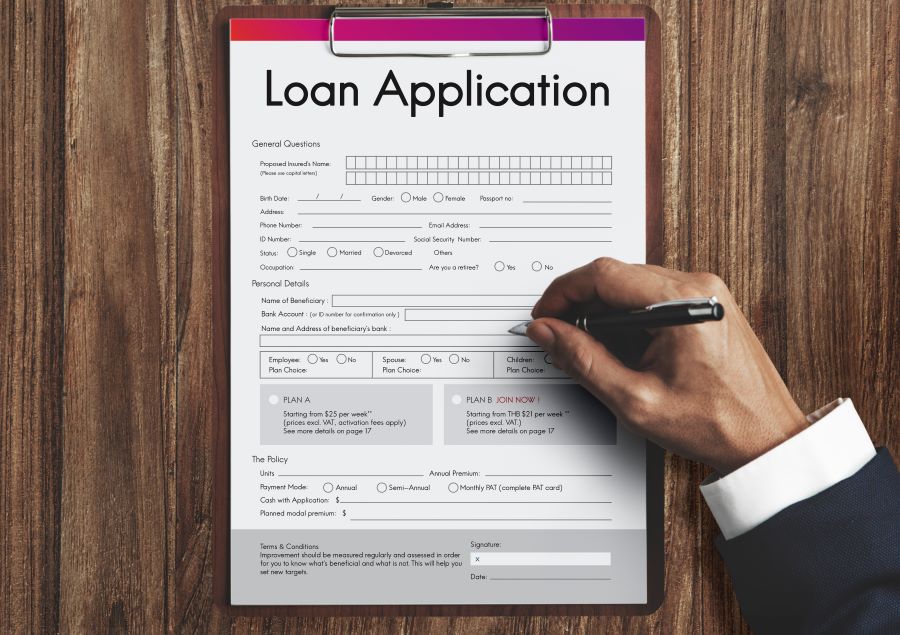When you’re considering borrowing money, understanding the types of loans available can be crucial to your financial health. One of these types is recourse loans. This blog will delve into the nitty-gritty of recourse loans, explaining their meaning, benefits, drawbacks, and what you need to know before you borrow.
What Are Recourse Loans?
Recourse Loans Meaning
Recourse loans are a type of loan where the lender has the right to seize the borrower’s assets if they default on the loan. The lender can pursue the borrower for the remaining balance if the collateral isn’t enough to cover the debt. In simpler terms, recourse loans give lenders additional protection and means to recover their money.
How Do Recourse Loans Work?
When you take out a recourse loan, you typically pledge an asset as collateral. If you fail to repay the loan, the lender can take this asset and sell it to recover their funds. If the sale of the collateral doesn’t cover the entire debt, the lender can legally pursue other assets or even trim your wages to settle the remaining balance.
Also Read: What Is a Cash Advance Loan and Should You Get One?
The Pros and Cons of Recourse Loans
Benefits of Recourse Loans
- Lower Interest Rates: Because recourse loans provide lenders with more security, they often come with lower interest rates compared to non-recourse loans.
- Higher Borrowing Limits: Lenders may be willing to offer higher borrowing limits given the additional security they have.
- Easier Approval: The added security means that lenders may be more inclined to approve your loan application.
Drawbacks of Recourse Loans
- Risk to Personal Assets: The primary downside is the risk to your personal assets. If you default, your assets beyond the collateral can be seized.
- Potential for Long-Term Financial Strain: If your assets are seized and you still owe money, this can create long-term financial strain and negatively impact your credit score.
- Complex Legal Procedures: In the event of default, the legal procedures to reclaim the remaining balance can be complex and stressful.

Types of Recourse Loans
Mortgage Loans
Many mortgages are recourse loans, meaning if you default, the lender can foreclose on your home and pursue other assets if the sale doesn’t cover the full amount owed.
Auto Loans
Auto loans can also be recourse loans. If you default and the car is repossessed, the lender can still pursue you for any remaining balance if the car’s value doesn’t cover the debt.
Personal Loans
A personal loan can be a recourse loan, particularly if it is secured by collateral such as a savings account or other assets.
Also Read: What are loans against rent receivables?
Key Considerations Before Borrowing Recourse Loans
Assess Your Financial Situation
Before opting for a recourse loan, carefully assess your financial situation. Ensure you have a steady income and a robust plan to repay the loan.
Understand the Terms
Read the loan agreement thoroughly to understand all the terms and conditions. Pay particular attention to clauses related to default and the lender’s rights.
Evaluate the Risks
Understand the risks involved. Consider what assets are at stake and whether you are willing to risk them in the event of a default.
Seek Professional Advice
Consult a financial advisor to understand the implications fully. Professional advice can help you make an informed decision tailored to your financial circumstances.
Personal Loans with Airtel Finance
If you’re considering a personal loan, Airtel Finance offers a range of flexible options. With Airtel Finance, you can apply for a personal loan entirely online via the Airtel Thanks app, enjoy flexible EMI options, and benefit from instant disbursal. Trusted by over 1 lakh users, Airtel Finance personal loans offer:
- Loan on Your Terms: Choose from flexible EMI and tenure options.
- 100% Digital Process: Submit all your details and any necessary documents
- Instant Approval: Get your loan application approved within minutes.
- Flexible EMIs and Tenure: Select the loan amount, tenure, and EMI amount that best suits your needs.
Airtel Finance has partnered with trusted RBI-regulated banks and NBFCs to offer these flexible personal loans. You can apply for loans ranging from ₹10,000 to ₹9,00,000 with interest rates starting at 11.5% and tenures from 3 to 60 months. Plus, credit disbursal happens within 24 hours, and there’s no paperwork involved. The processing fee ranges from 2% to 5% + GST.
Conclusion
Understanding the intricacies of recourse loans is crucial before you decide to borrow. While they offer certain benefits like lower interest rates and higher borrowing limits, they also come with significant risks, including the potential seizure of personal assets. Always assess your financial situation, understand the loan terms, and consider seeking professional advice. If you’re looking for a flexible personal loan, consider Airtel Finance for its convenient digital process and instant disbursal.
Also Read: Personal Loans for Students Without a Job
Frequently Asked Questions (FAQs)
1. What is a recourse loan?
A recourse loan is a type of loan where the lender can seize the borrower’s assets if they default on the loan. If the collateral doesn’t cover the full amount owed, the lender can pursue other assets to recover the remaining balance.
2. What are the benefits of recourse loans?
Recourse loans often come with lower interest rates, higher borrowing limits, and easier approval processes because they provide lenders with more security.
3. What are the risks associated with recourse loans?
The primary risk is that if you default, the lender can seize your assets beyond the collateral. This can lead to long-term financial strain and negatively impact your credit score.
4. Are personal loans from Airtel Finance recourse loans?
The terms of personal loans from Airtel Finance may vary. It’s crucial to read the loan agreement carefully to understand the specific terms and conditions.
5. How can I apply for a personal loan with Airtel Finance?
You can apply for a personal loan with Airtel Finance entirely online. Log in using your mobile number, fill in your PAN details, and enter your bank account details to receive the loan amount. The approval process is quick, and the loan amount is credited instantly.


 Get App
Get App  Airtel Store
Airtel Store  Login
Login 


